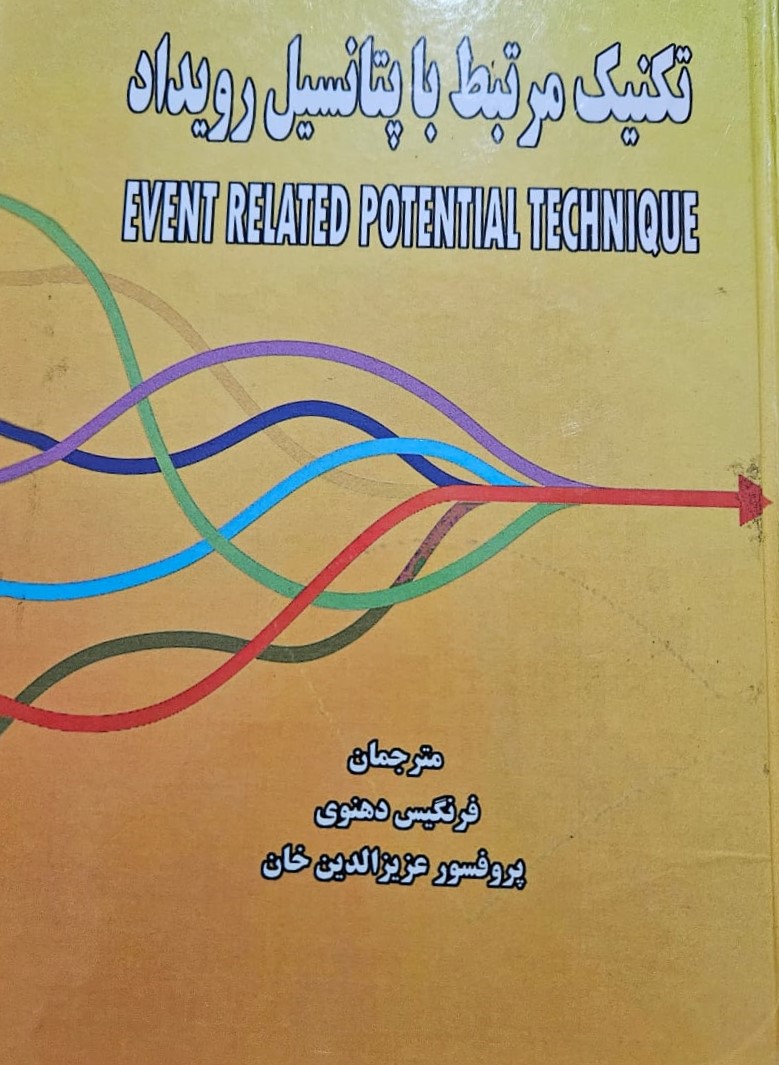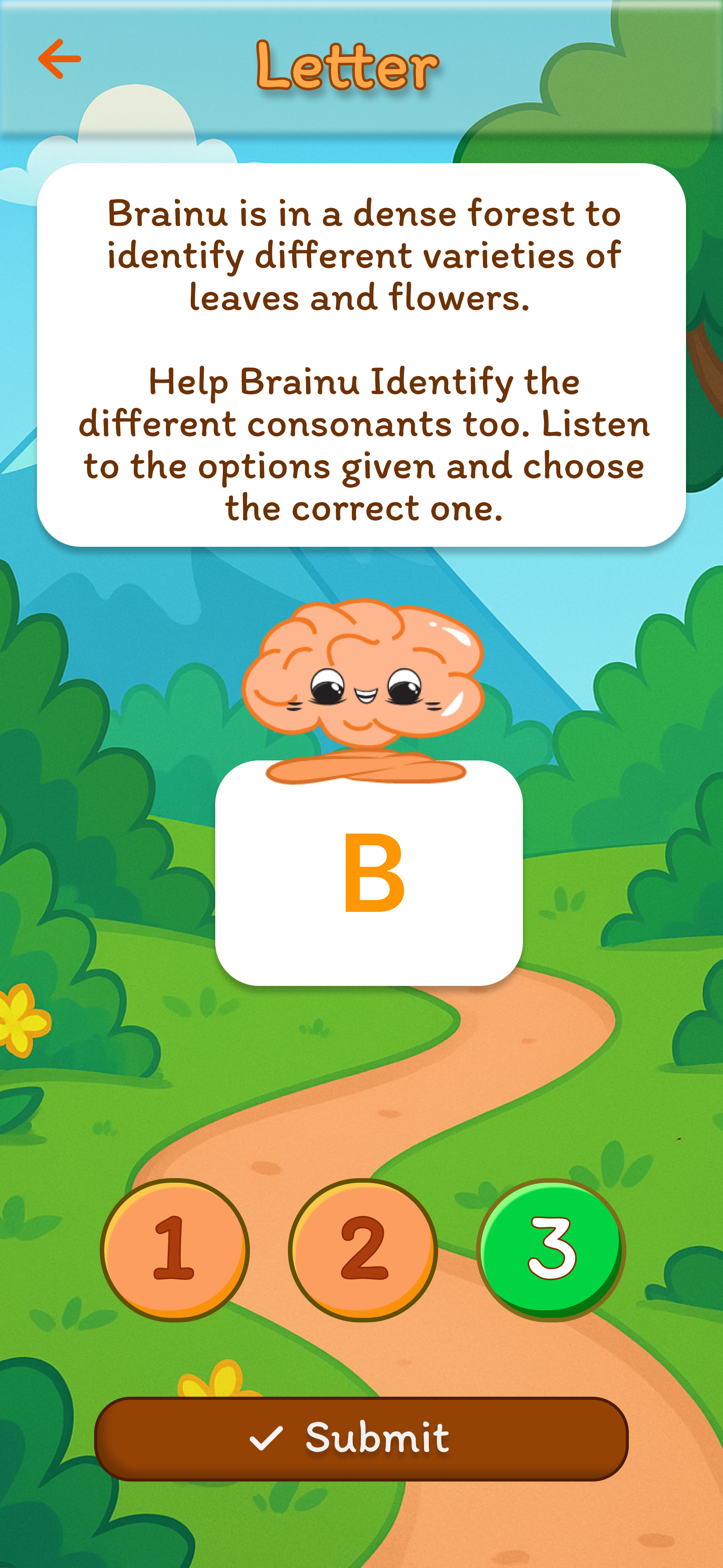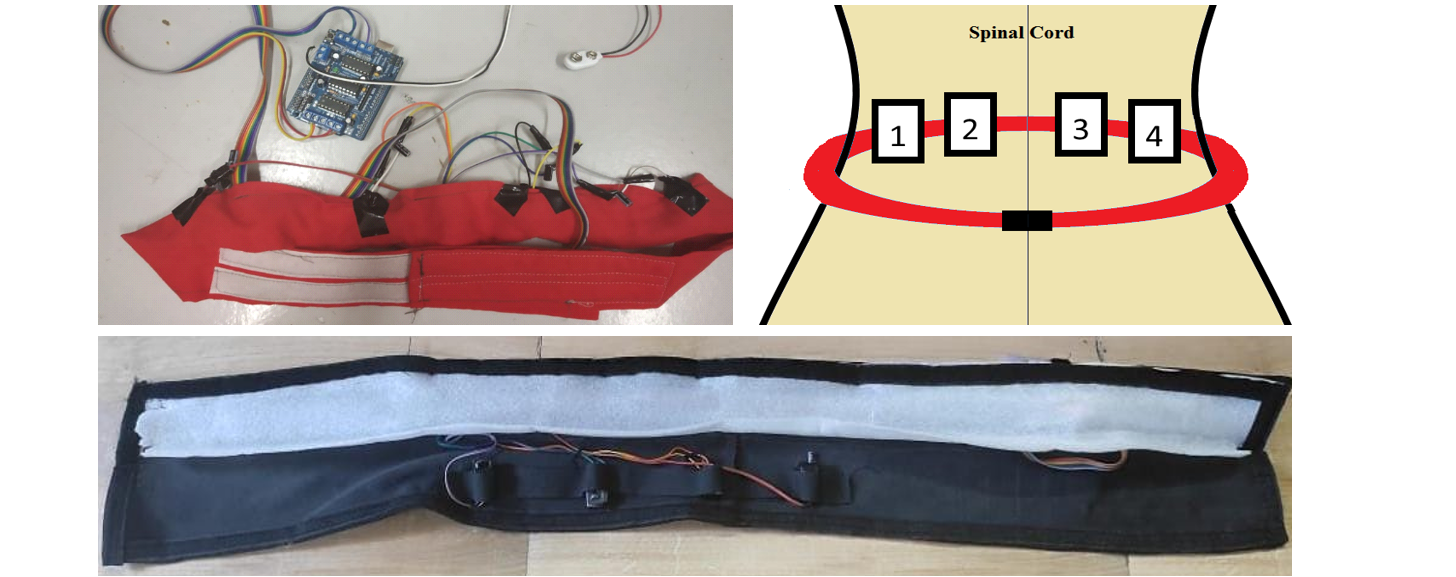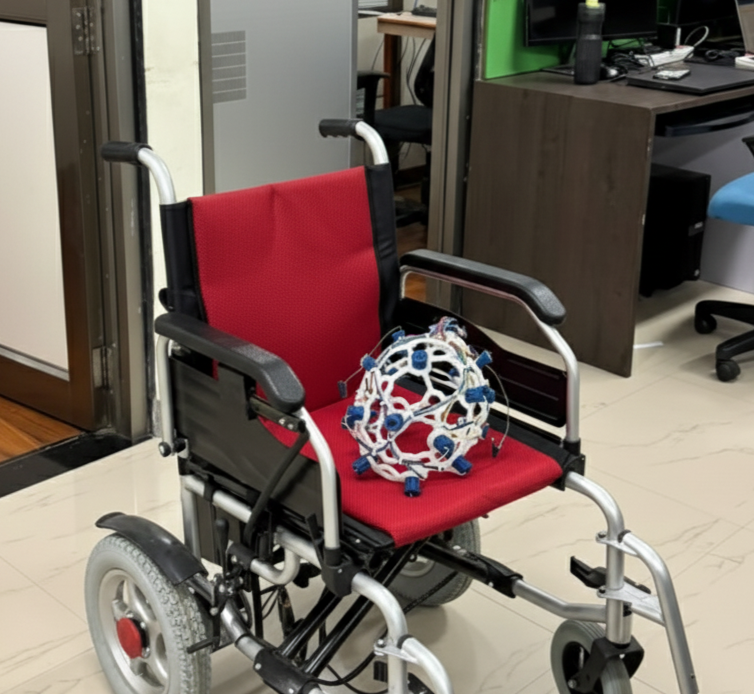Professor Azizuddin Khan

Professor Azizuddin Khan currently heads the Psychophysiology Lab
at the Indian Institute of Technology Bombay since 2018.
He is the India Value Chair Professor (2024 – Present).
He holds
extensive experience in cognitive psychology and psychophysiology,
with foundational training from Aligarh Muslim University and
advanced research in the temporal dynamics of prospective and
retrospective memory at IIT Kanpur.
At IIT Bombay, he also serves
as Adjunct Faculty at the Sunita Sanghi Centre of Aging and
Neurodegenerative Diseases (SCAN), Associated Faculty at the Koita
Centre for Digital Health, and is a member of the KNIT Centre,
where he collaborates on pioneering research in cognitive science
and digital health. His academic contributions extend globally,
having served as Visiting Professor at Samarkand State University,
Uzbekistan (2018-2021), and the University of Warsaw, Poland
(2018-2019).
Additionally, he held roles as Adjunct Faculty
at Aligarh Muslim University (2015-2017) and Promoeteo Professor
at the University of Cuenca, Ecuador (2014-2016). Prof. Khan’s
research is at the intersection of Cognitive Ergonomics and Human
Cognitive Processes, contributing significantly to our
understanding of memory, learning, and cognitive function across
various populations and contexts.
Email: khanaziz@iitb.ac.in
Contact: +91 22 25764360
Department of Humanities and Social Sciences
Indian Institute of Technology, Bombay
Powai-400076, Mumbai, Maharashtra, India






















